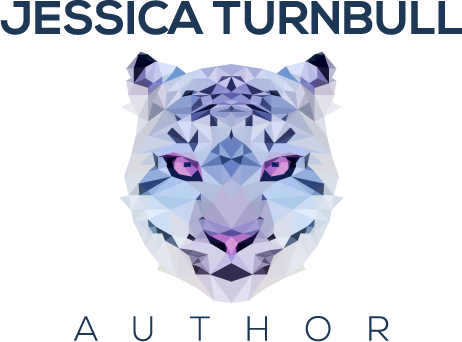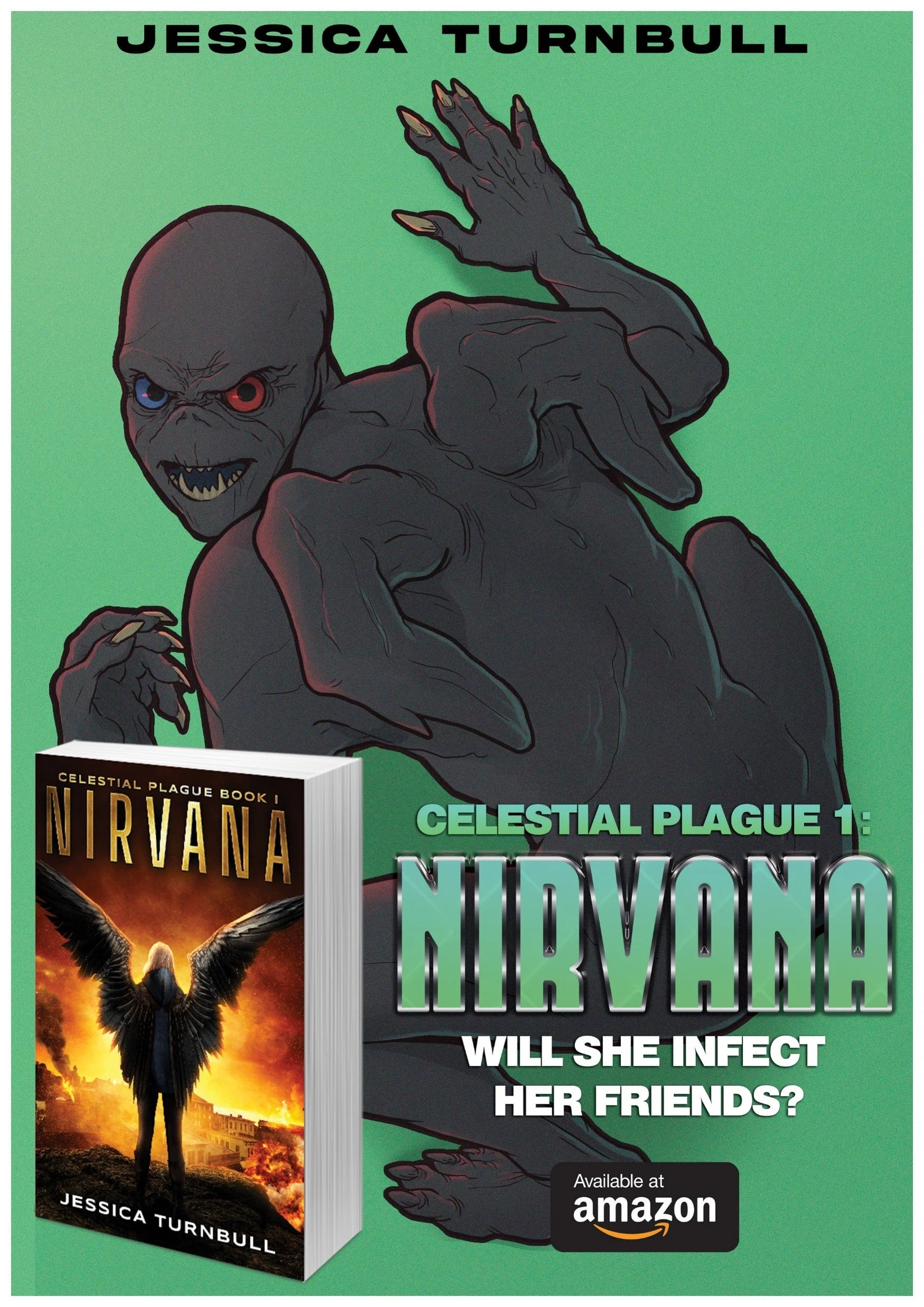Hi all!
This week I wanted to talk about anthologies and competitions. I know I've mentioned this website in a previous blog post, but I want to expand a bit on it here. I found this website thanks to Christopher Fielden! His website also contains lists of competitions and magazines you can submit to, which you can check out here: Christopher Fielden
The Submission Grinder.
It's a website they filters various submissions for you. For example, you can search for competitions looking for 500 words of fantasy writing. They have various categories that you can choose from and it will bring up all available that are accepting submissions. Upon clicking on a certain listing, you'll be taken to a landing page with more details. You can see their website, what they accept and the length of the piece. You can also see how many submissions they've had through the website and what stage they're at.
I've used this website to find a few anthologies. I like expanding my writing portfolio this way and adding new publications to my website! I've submitted stories to quite a few places and some have been lucky enough to find homes. I've even found a publisher whose books and prompts I've fallen in love with, so I'll continue to submit to them!
All of the anthologies I've submitted to have had no submission fee, which is what I prefer. So, if you're on a budget, this site is perfect. There are also a few publishers who will pay you for your story, which is really exciting!
Before submitting anywhere I would recommend doing a bit of research. Just so you can get an idea about what kind of publishing company they are. You don't want to submit to a predatory publisher, or one who strips you of your story's rights permanently. I always do a quick Google search to see if anything negative immediately pops up for the publisher.
Overall, I love this website and will continue to use it in the future! I love submitting to anthologies and seeing my story amongst those of other authors. It also means that my bookshelf gets filled with more awesome books.
That's it for this week, I hope you enjoyed reading. See you next week.






